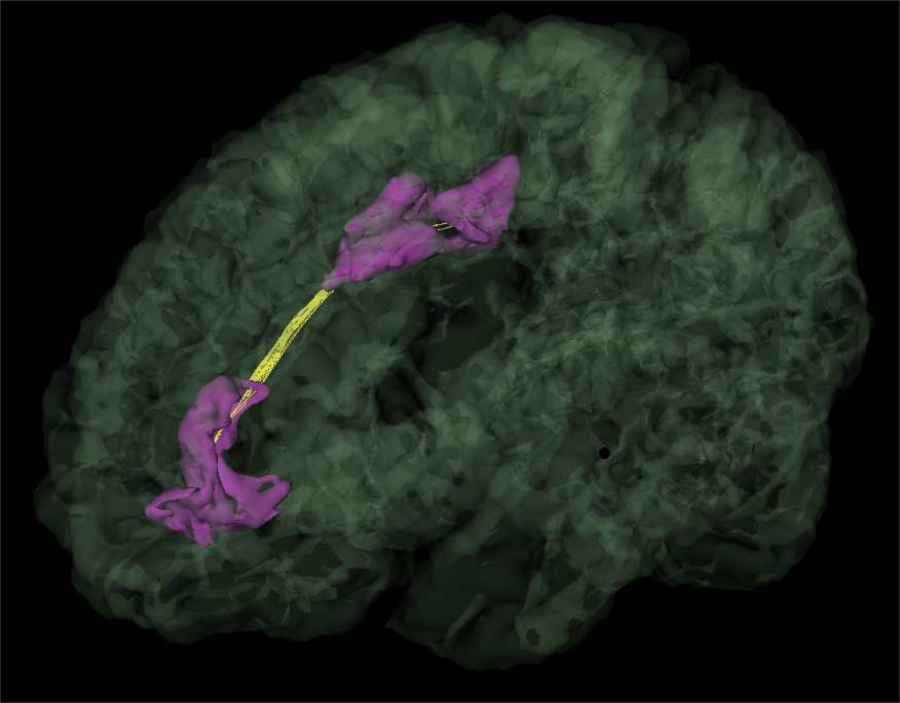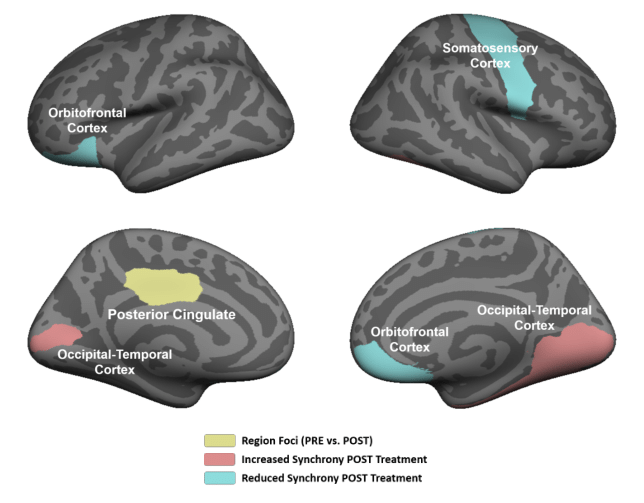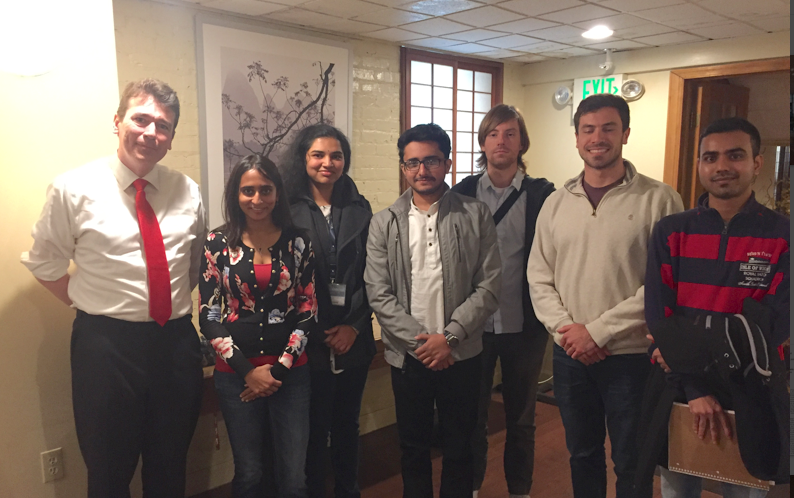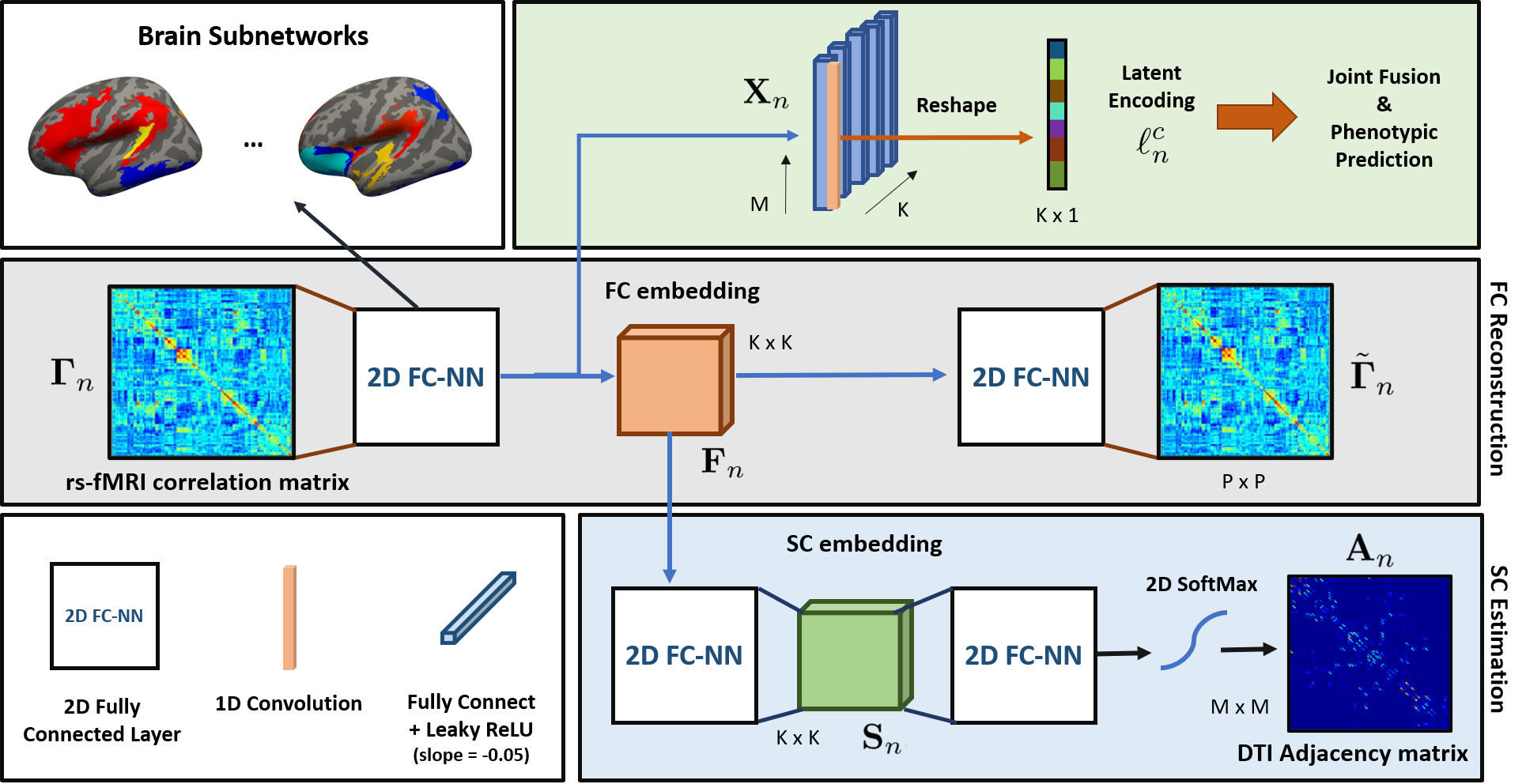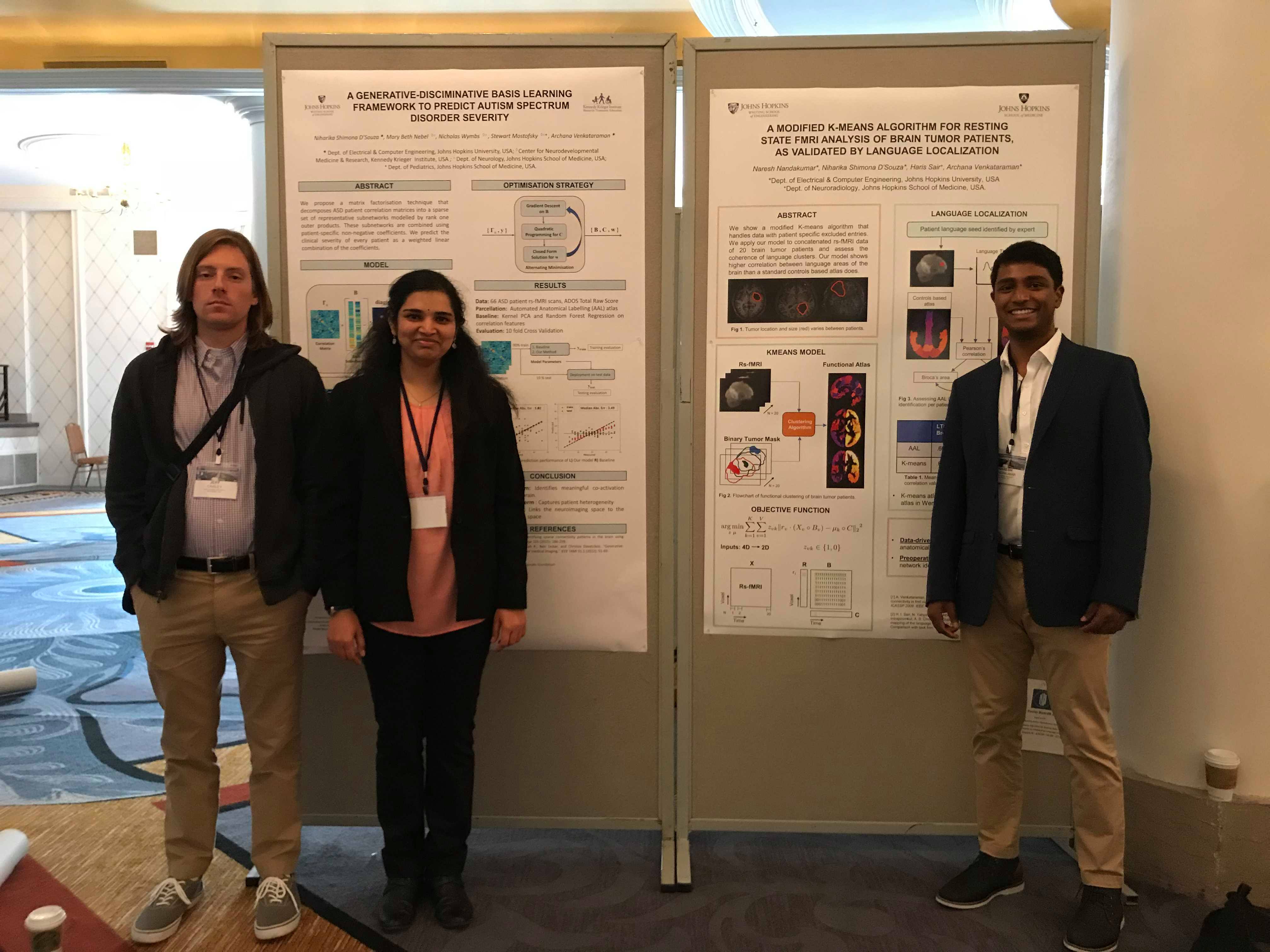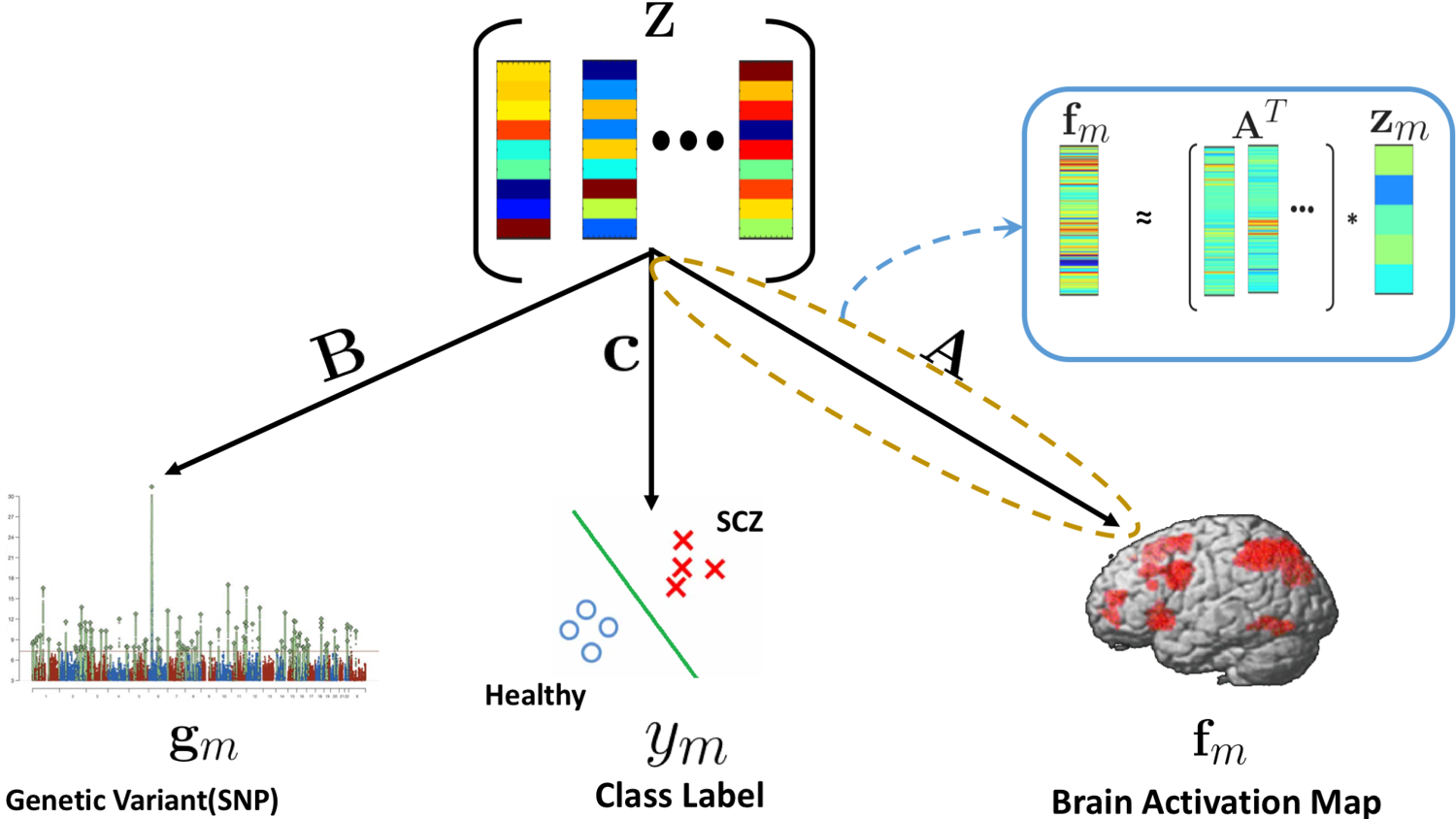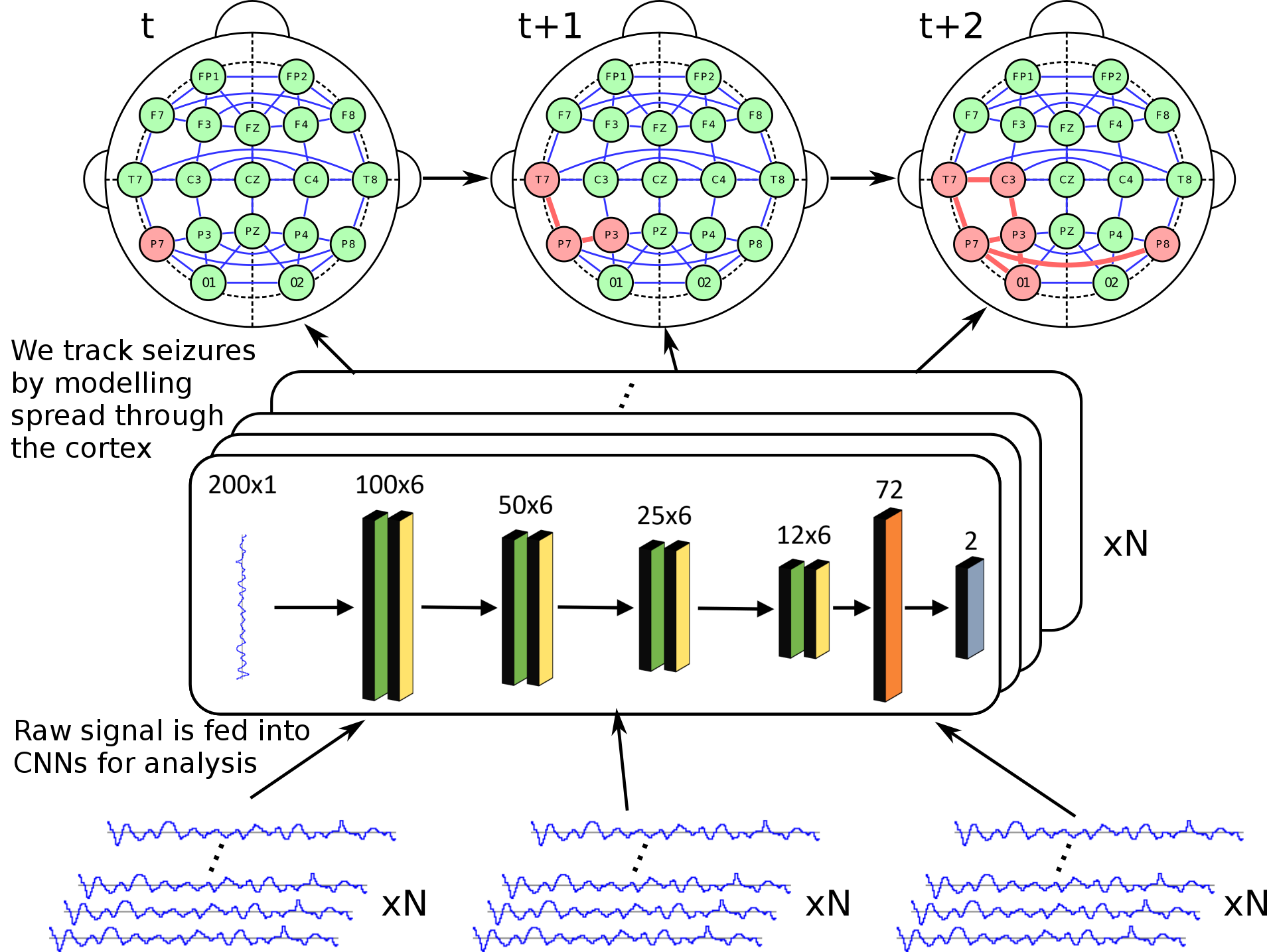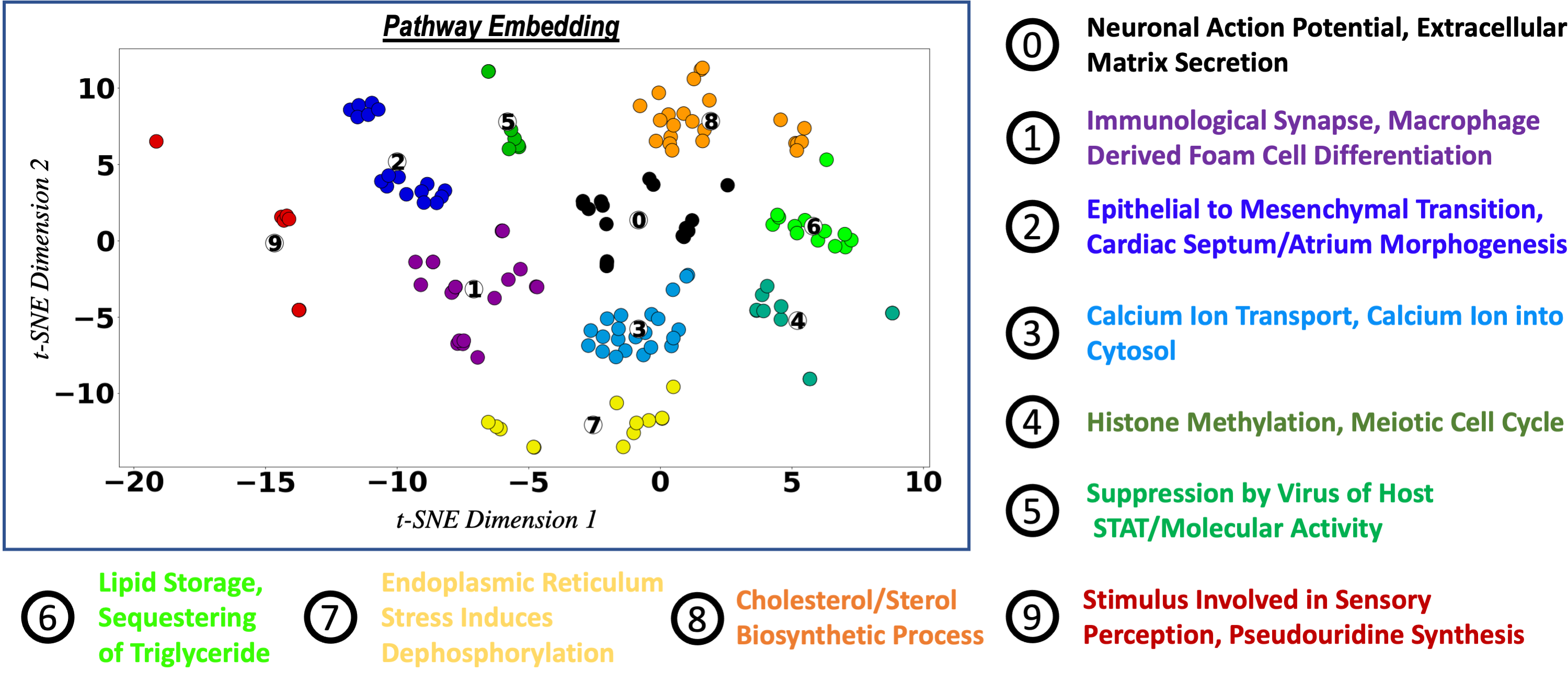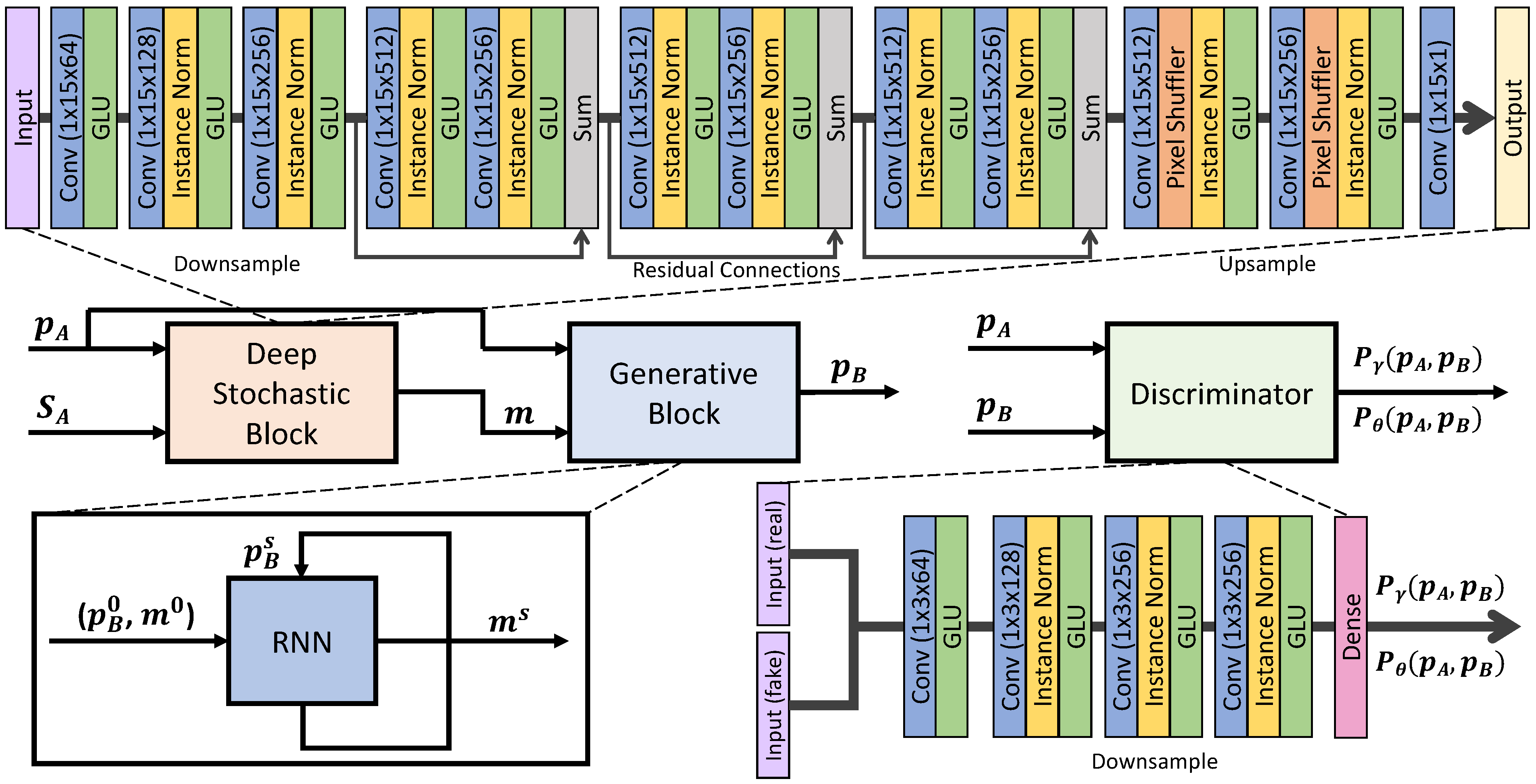By the end of this year, roughly 1.3 million children in the United States will be living with autism, more than 49,000 young adults will suffer their first schizophrenic break, close to 795,000 individuals will have stroke, nearly 18 million people will go through a major depressive episode, and over 5.5 million older adults will manifest the early signs of Alzheimer’s disease. Despite decades of research, we still have a bare-bones understanding of neurological and psychiatric disorders, and hence, a limited ability to treat them. In fact, most therapies are still administered on a trial-and-error basis, guided by “physician instinct” and patient behavior. These heuristics can be successful in some cases but fail inexplicably in others. The flipside to this coin is that we are entering a data revolution, where neuroimaging, genetic, and behavioral information provide natural windows into brain functionality. This multimodal information provides new opportunities for understanding and eventually treating disorders of the brain.
The Neural Systems Analysis Laboratory (NSA Lab) at Johns Hopkins University develops new machine learning algorithms that harness the power of noninvasive imaging for targeted biomarker discovery, therapeutic planning, and outcome assessment in clinical neuroscience. Our strategy is to combine hypothesis-driven insights about the brain with data-driven learning techniques; this combination provides interpretable and actionable information, while retaining predictive power. We have developed a range of analytical tools for functional data modalities that range from purely generative approaches, such as Bayesian models and dictionary learning, to novel deep neural network architectures, to deep-generative hybrid models that trade off structure and flexibility for smaller datasets. We have also built a wide range of collaborative projects across multiple disorders and application areas.


